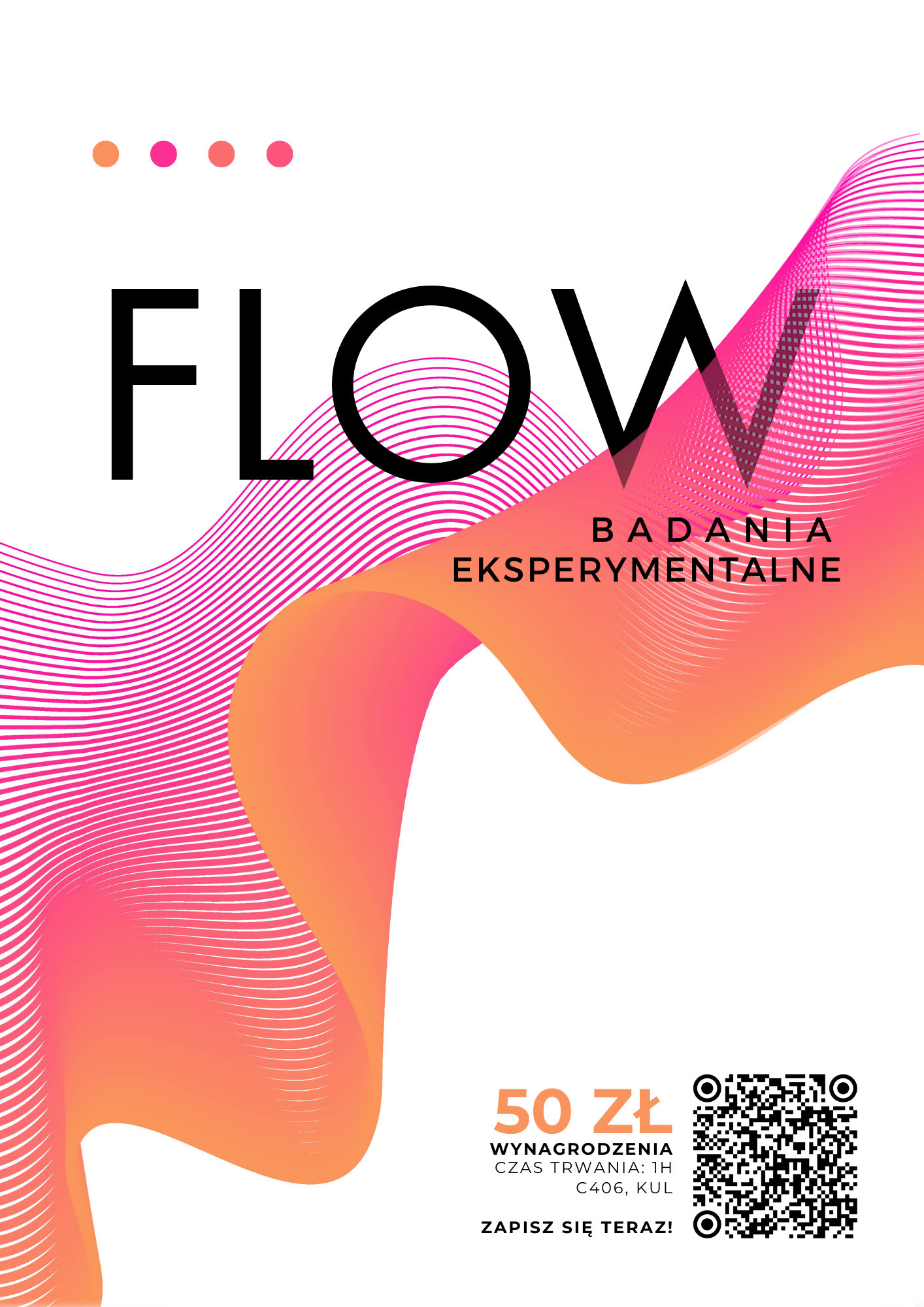
Flow is an intrinsically rewarding state of absorption in an activity, during which a person experiences an effortless sense of control. As a distinct state of consciousness, it cannot be monitored through self-reporting during its occurrence. In such cases, it is necessary to rely on indirect measures, such as behavioral or psychophysiological correlates.
Research on the behavioral correlates of flow remains limited, exhibits many inconsistencies, and has yet to explore numerous potential measures. Moreover, there is no single behavioral indicator that reliably predicts the experience of flow, and it is unlikely that a definitive "one-size-fits-all" marker of this complex process will be identified in the future. A more realistic goal is to identify a pattern of behaviors, consisting of a combination of various behavioral indicators, that predicts temporal fluctuations in the intensity of flow.
The next step toward tracking the dynamics of flow in real time is, therefore, to identify a behavioral pattern characteristic of this process among the many available task performance indicators. Discovering such a pattern requires the use of analytical strategies that enable the statistically optimal integration of data from various sources, accounting for different timescales and the variable reliability and validity of behavioral measures. To achieve this goal, computational modeling and simulation techniques are particularly valuable, as they allow researchers to predict likely outcomes even before conducting empirical studies.
Our team consists of:
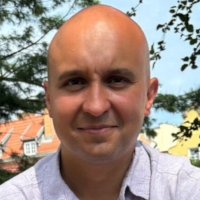
PhD Marcin Wojtasiński
Specializes in the field of cognitive psychology, with a primary focus on understanding the state of flow. Currently, his work centers on analyzing the dynamics of this phenomenon and identifying the preconditions that facilitate its occurrence and maintenance. He is also actively involved in developing advanced mathematical models to map the structure and variability of flow in real-time.
Through the design and execution of various studies, he aims to deepen knowledge about the behavioral correlates of flow and their interdependencies. The overarching goal of his research is to create formal models capable of precisely monitoring and predicting the onset, intensity, duration, and conclusion of the flow state, tailored to changing external conditions.
He is the principal investigator in this team.
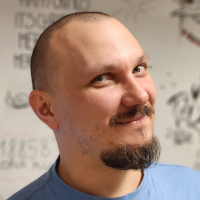
PhD Przemysław Tużnik
He has been a research and teaching assistant in the Department of Experimental Psychology at the John Paul II Catholic University of Lublin (KUL) since 2018. His specialization includes cognitive psychology, particularly auditory imagery and modeling cognitive processes. He also explores issues related to artificial intelligence and explainable AI (XAI) in the context of cognitive psychology.
Beyond his scientific work, he is interested in historical literature, science fiction, and creating art. He has experience in conducting research, statistical analysis, teaching adults, and participating in projects that combine psychology with artificial intelligence.
He serves as a psychophysiological measurement specialist and is responsible for conducting thorough literature reviews and organizing the theoretical framework of the topics under investigation.

PhD Tomasz Jankowski, prof. KUL
His main interests focus on mindfulness, self-awareness, metacognition, and self-regulation, as well as their impact on human cognitive and emotional functioning. He conducts training sessions on stress management and interpersonal communication.
In this project, he is involved in developing procedures, modeling effects, and conducting statistical analyses.

PhD Silvia Leoni
She is an assistant professor of economics in the Department of Economics, Statistics, and Business at the Mercatorum University in Rome and a member of the Graduate School of Business and Economics at Maastricht University. She has held lecturer positions at Maastricht University in the Netherlands and served as a research assistant at the University of Leicester in the United Kingdom.
Her research interests include educational decision-making, labor economics, social and gender inequalities, and their complexities. She is particularly interested in how the concept of flow can enhance the performance of students, employees, and workers, as well as how educational institutions and organizations can design environments conducive to achieving this state to optimize outcomes.
In this project, she serves as an expert in agent-based modeling.
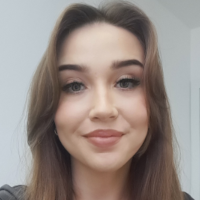
M.Sc. Maria Banasik
She holds a master’s degree in psychology and a postgraduate diploma in psycho-oncology from the John Paul II Catholic University of Lublin (KUL). Currently, she is a first-year doctoral student at KUL's Doctoral School and also teaches at the Medical University of Lublin. Her research interests focus on the experiences of cancer survivors, with particular attention to the phenomenon of post-traumatic growth.
In this project, she is responsible for participant recruitment and conducting psychophysiological research.
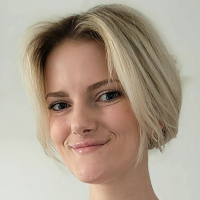
Dorota Miszczyszyn
She is a fifth-year psychology student specializing in the clinical module. Her research interests focus on self-regulation processes, which are the subject of her master's thesis. She is passionate about exploring topics related to personal development and everything that helps people live fully and with satisfaction.
Outside of her studies, she is also a coach and is advancing her expertise by obtaining certifications through Erickson Coaching International and the International Coach Federation. Combining academic knowledge with practical experience allows her to take a comprehensive view of individuals and delve into areas where psychology can support personal growth.
In this project, she is responsible for participant recruitment and conducting psychophysiological research.
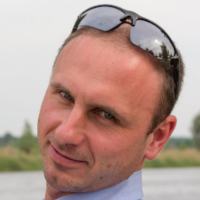
PhD Paweł Augustynowicz

Mateusz Chwaszcz
In this project, he is responsible for coding the procedure, writing scripts, processing physiological and behavioral data, and organizing the work of the laboratory.
The funding obtained through disciplinary grants and the MINIATURA 8 competition enables the conduction of a series of studies, which will serve as the next step toward developing a dynamic model of flow that takes into account the preconditions that trigger this phenomenon.
Publications:
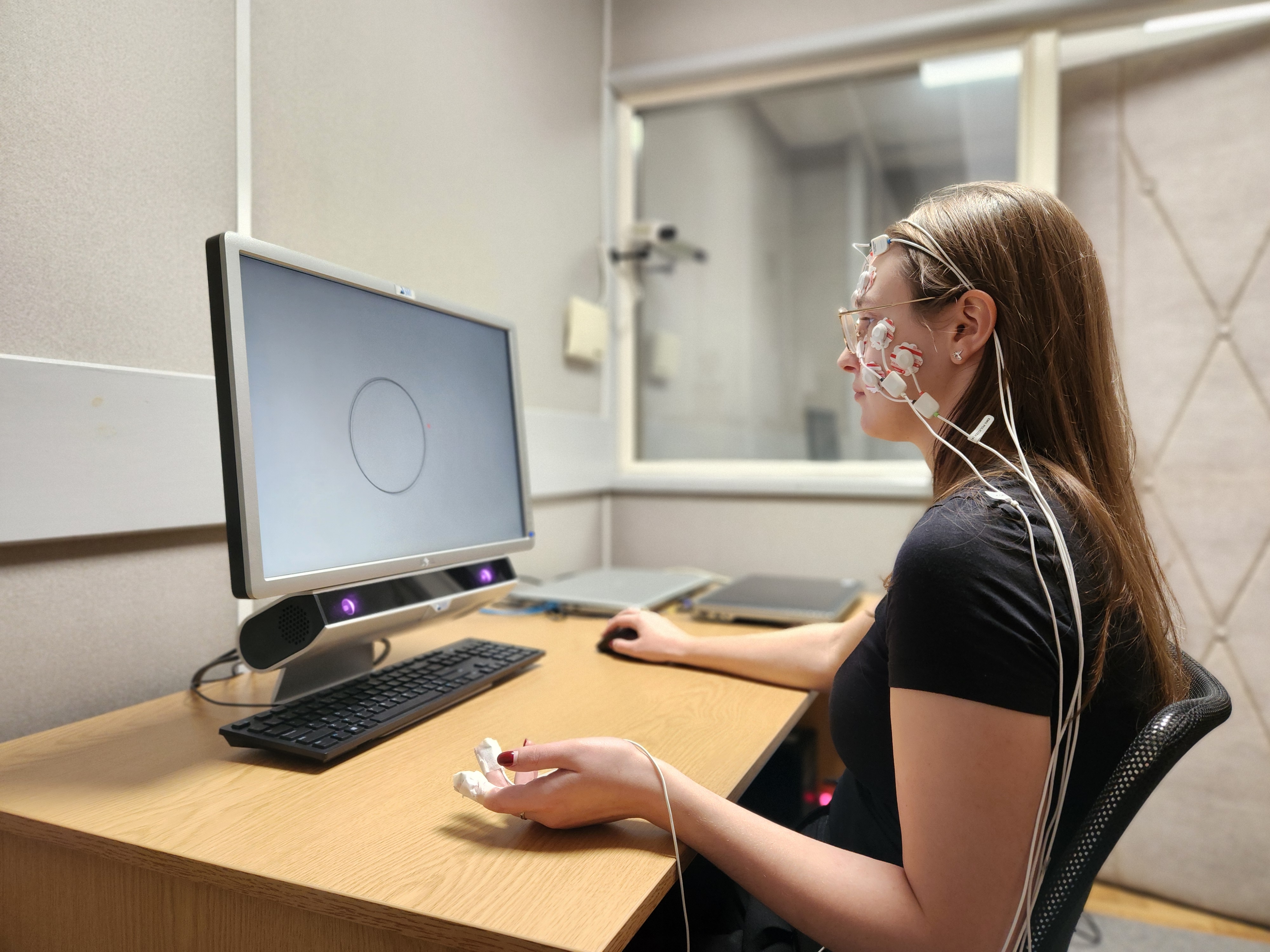
Graphic design by Doroty Miszczyszyn
Ostatnia aktualizacja: 11.12.2024, godz. 16:09 - Mateusz Chwaszcz



